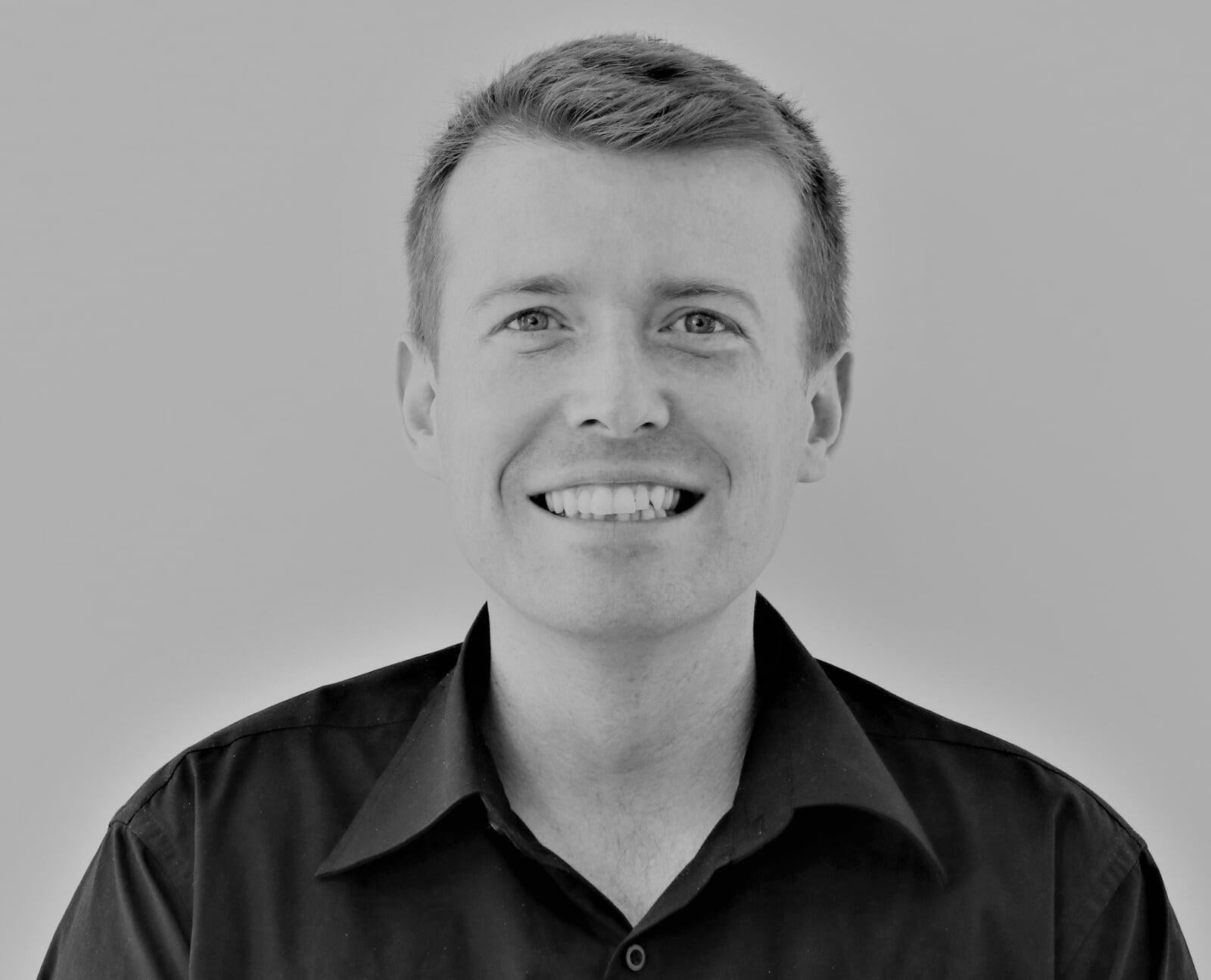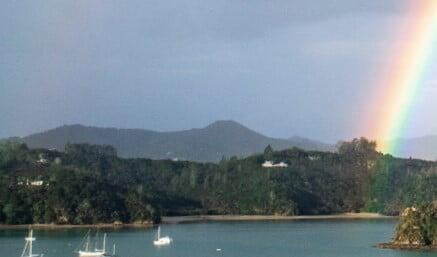How can Aotearoa New Zealand drive meaningful change in the climate change space? By standing up and taking action. Re.Group’s Daniel Yallop explains his call to action.
The recent natural disasters in New Zealand have helped focus the mind on what’s important. It was only the third time in our history that a nationwide emergency was declared. We are a small nation and only part of a global issue. But the world needs us to stand up. Unlike other countries, we have the resources and expertise to drive real change. Here is my call to action...
I chose the theme of my article back in December 2022 during the usual Christmas activities, supported by overindulgence and unnecessary consumption. Although I had a wonderful time during the holidays, on reflection, it left me feeling guilty and empty. It prompted me to evaluate my role in climate change; our role as an industry, Aotearoa’s role, and the world's role.
Sadly, the recent natural disasters in New Zealand are a confronting reminder of how our actions as individuals, businesses and organisations impact the world we live in. It was only the third time in our history that a nationwide state of emergency had been declared – the outbreak of COVID-19 in 2020 and the Christchurch earthquakes were the other two reasons: two occurrences, in my opinion, that were heartbreakingly unavoidable. However, the same cannot be said for extreme weather intensified by climate change.
Think about the wide-ranging climate change declarations that have been made, the sustainability reports and actions plan that have been developed, our engagement work with our communities, all the tonnes handled, and materials processed – we all work bloody hard and deeply care about the work that we do. Still, something is not right, and our communities and natural environment are taking the brunt of it.
In the wider world, some individuals, industries, and politicians question our contribution to climate change. Why does it matter?
We are a small nation and a tiny part of a global issue. However, we can start now and simply. Change is driven by small actions made by many, and everyone needs to play their part. Critically, Aotearoa New Zealand can and should be a world leader. The world needs us to stand up. Unlike other countries (take the tragic events in Turkey and Syria as a stark reminder), we have the resources and expertise to deliver real and meaningful change quickly.
For instance, Cabinet took just 72 hours to introduce stronger gun laws and immediate action for unlawful gun owners whilst the legislative process took place following the Christchurch shootings in March 2019. It was not the perfect introduction of a new policy or the best example of drafting legislation and making law, but it worked. Undoubtedly New Zealand is a safer place for it. Why can’t we act with the same urgency regarding climate change? Surely, the risk is just as severe.
Here is what I think we could do immediately as an industry, both as policymakers and organisations that support and deliver services:
- Embrace Māori principles and have these values embedded throughout our industry, which would make a profoundly positive impact on our environment, our communities and the work that we do.
- Place a greater emphasis on behaviour change; elimination and reduction should always be prioritised where possible.
- Prioritise product stewardship approaches that ensure the people who profit from and use items are paying the cost of appropriate end of life management up front.
- Work together collaboratively and transparently to tackle big issues – no more “them vs us,” we all need to be aligned and working together.
- Increase landfill levies to a level that drives meaningful change and supports the transition to a circular economy.
- No new landfills. Instead, make the ones we have more efficient and effective. On an aggregated basis, we have more than enough disposal capacity in – we need to be smarter about how we work together and preserve this capacity for unavoidable waste, such as disaster clean up.
- Capture all relevant data and be transparent with it for the benefit of the industry – not just recycling but disposal volume, cleanfills and carbon emissions too.
- Finally, have clear restrictions on what we make and import; if it cannot be recycled, why are we letting it into the waste stream?

Author: Daniel Yallop
Daniel joined Re.Group in 2022 to lead partnering opportunities in Aotearoa New Zealand. Daniel is excited to support an organisation focusing on the higher end of the waste hierarchy. Daniel has 15 years’ experience in the industry and is committed to using this to bring positive change to the work that we do.

